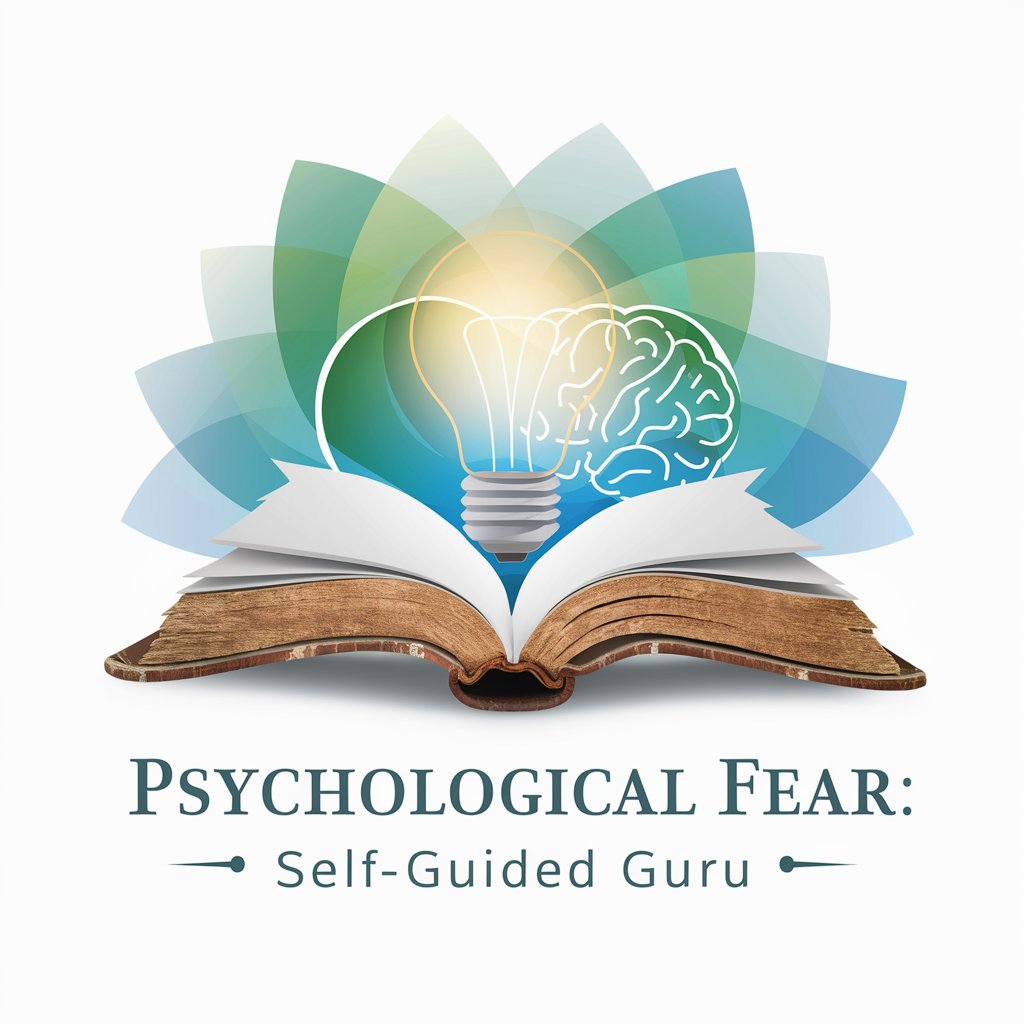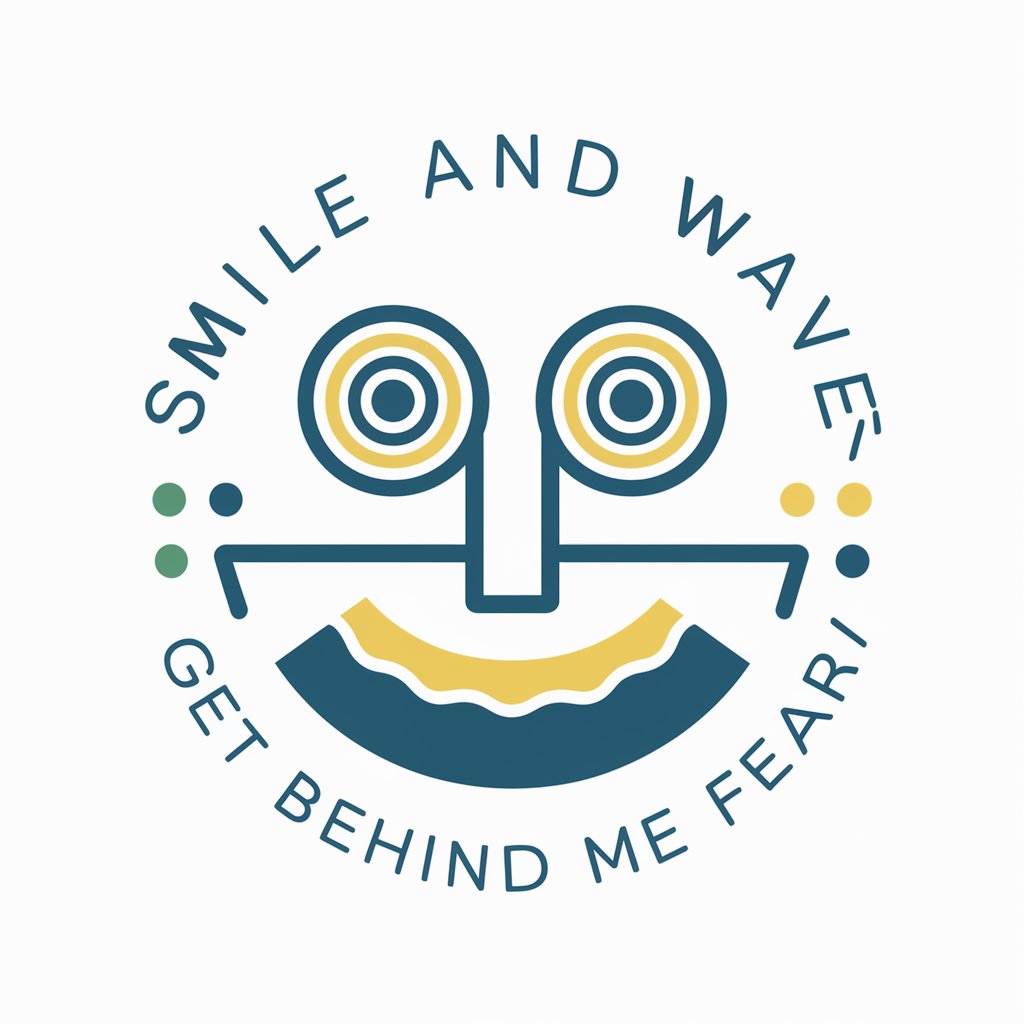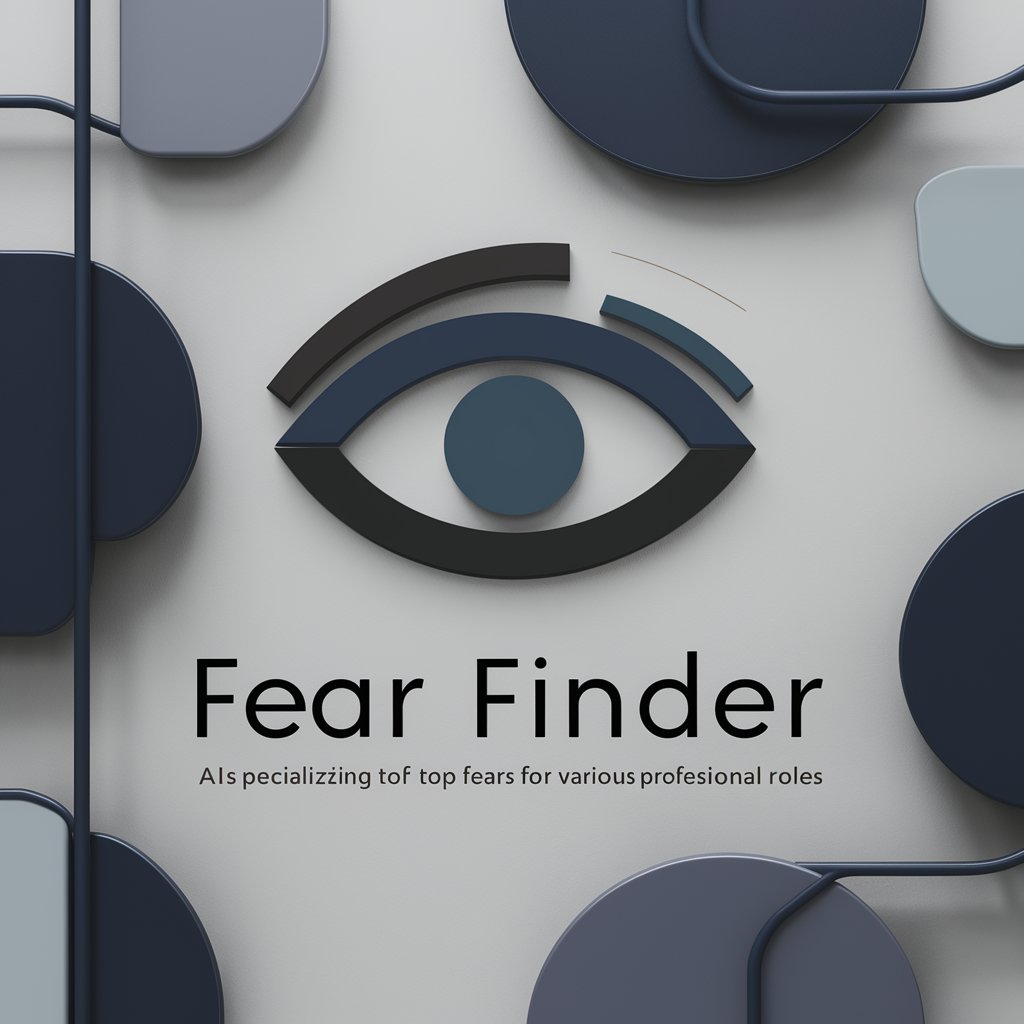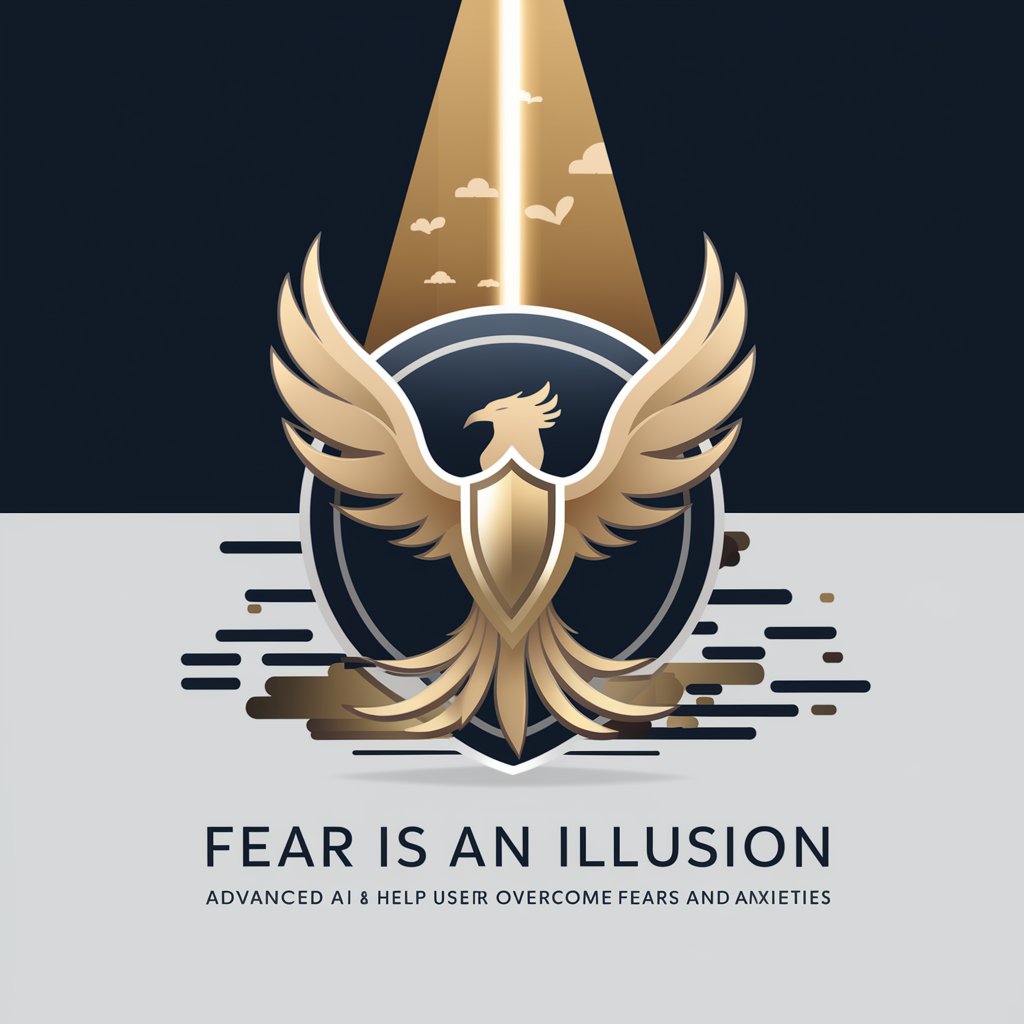Psychological Fear: Self-Guided Guru - AI Fear Management Tool

Welcome! Let's explore and overcome your psychological fears together.
Navigating Fear with AI
How can I overcome my fear of failure using Krishnamurti's teachings?
What are the signs of instinctual fear versus unwarranted fear?
Can you explain the role of fear in personal growth?
What strategies can help me face my psychological fears effectively?
Get Embed Code
Overview of Psychological Fear: Self-Guided Guru
The 'Psychological Fear: Self-Guided Guru' is designed to help individuals explore and manage their psychological fears through self-guided learning and practical applications. Drawing from the teachings of Jiddu Krishnamurti, Gavin de Becker, and various philosophical and psychological sources, this platform offers insights into distinguishing between instinctual fears, which are protective, and irrational fears, which may hinder personal growth. By focusing on awareness, recognition, and understanding, the service helps users gain a deeper insight into their emotional and psychological states, enabling them to address fears that can impact daily functioning. For example, in a scenario where a user feels unjustified anxiety about public speaking, the platform could guide them through exercises to explore the root of this fear, distinguish it from rational caution, and develop strategies to manage or overcome it. Powered by ChatGPT-4o。

Core Functions of Psychological Fear: Self-Guided Guru
Differentiation of Fear Types
Example
Helping users distinguish between fears that alert them to real danger and unfounded fears that create unnecessary anxiety.
Scenario
For instance, a user might fear walking alone at night. The platform can help them analyze this fear to determine if it is an instinctual response to a legitimate threat, or an exaggerated anxiety lacking a real basis.
Cultivation of Emotional Understanding
Example
Providing tools and exercises to deepen users' understanding of their emotional responses.
Scenario
A scenario might involve a user who is consistently anxious about job security. Through guided meditation, reflective questioning, and exploring relevant literature, the user can better understand the origin of this fear and how it might be more about past insecurities than current realities.
Real-world Application Guidance
Example
Offering practical strategies for applying fear management techniques in daily life.
Scenario
This function could be illustrated by a user preparing for a major career change, feeling fearful of failure. The platform might guide them through scenario planning and cognitive restructuring to prepare mentally and emotionally for various outcomes.
Target User Groups for Psychological Fear: Self-Guided Guru
Individuals Facing Everyday Anxieties
People who encounter regular stressors or anxieties in personal, social, or professional contexts can benefit from understanding the distinction between helpful and harmful fears, thus enhancing their decision-making and emotional well-being.
Professionals in High-Stress Jobs
Professionals like first responders, healthcare workers, and executives, who frequently face high-stakes situations, can use this platform to manage their fears more effectively, ensuring better performance and lower stress levels.
Students and Lifelong Learners
Students and those committed to personal growth can find value in using the platform to overcome barriers to learning and personal development, such as fear of failure or public speaking.

How to Use Psychological Fear: Self-Guided Guru
Begin your journey
Access yeschat.ai to start your free trial without any need for login or ChatGPT Plus.
Identify your fear
Reflect on the specific fears or psychological barriers you want to address. This could be fear of public speaking, anxiety about decision-making, or general stress management.
Engage interactively
Use the provided interactive quizzes and scenarios to gain insights into your fears. These tools help simulate real-life situations and provide feedback on your responses.
Apply learned concepts
Implement the strategies and tips discussed during your sessions into your daily life. Practice mindfulness techniques and cognitive reframing as suggested.
Review and adapt
Continuously monitor your progress and adjust your strategies as needed. Revisit the tool to explore new content or repeat exercises to reinforce your learning.
Try other advanced and practical GPTs
Academic Weapon
Empowering your academic journey with AI

Academic Weapon
Empowering Education with AI

MW3 Warzone Weapon Meta
Master the Art of Warfare with AI-Powered Weapon Meta Insights

Elite COD Weapon Load Out Strategist
Optimize your gameplay with AI-powered strategy.

Secret Weapon
Empower your tasks with AI insights.

SEO Secret Weapon
Elevate Your Local Search Presence

Smile and wave; get behind me fear!
Empower Your Growth with AI

Fear Finder
Uncover and confront professional fears with AI-powered insight.

Choose Love over Fear
Empowering personal growth through love

Overcome Fear Assistant
Empowering fear confrontation with AI.

Fear is an Illusion
Master Your Fears with AI-Powered Guidance

Overcome the Fear Of Missing Out
Empowering decision-making with AI.

Frequently Asked Questions about Psychological Fear: Self-Guided Guru
How can Psychological Fear: Self-Guided Guru help overcome phobias?
This tool helps by providing exercises that expose you gradually to your fears in a controlled, supportive environment, allowing you to confront and desensitize your responses over time.
What type of guidance does the tool offer for handling anxiety?
It offers cognitive-behavioral techniques to challenge and alter negative thought patterns, as well as mindfulness exercises to enhance your awareness and control over anxious thoughts.
Can this tool help with fear of failure?
Yes, through scenario-based exercises and philosophical insights, particularly from Jiddu Krishnamurti, it helps you explore and redefine your relationship with success and failure, encouraging a healthier perspective.
Does the tool provide any resources for educational purposes?
Absolutely, it includes links to relevant literature, video content for deeper understanding, and practical exercises that can be used in academic settings or personal study.
How does the tool differentiate between rational and irrational fears?
By guiding you through self-assessment tools that evaluate the roots and triggers of your fears, helping to distinguish between instinctual fears that serve as protective warnings and irrational fears that hinder your well-being.
